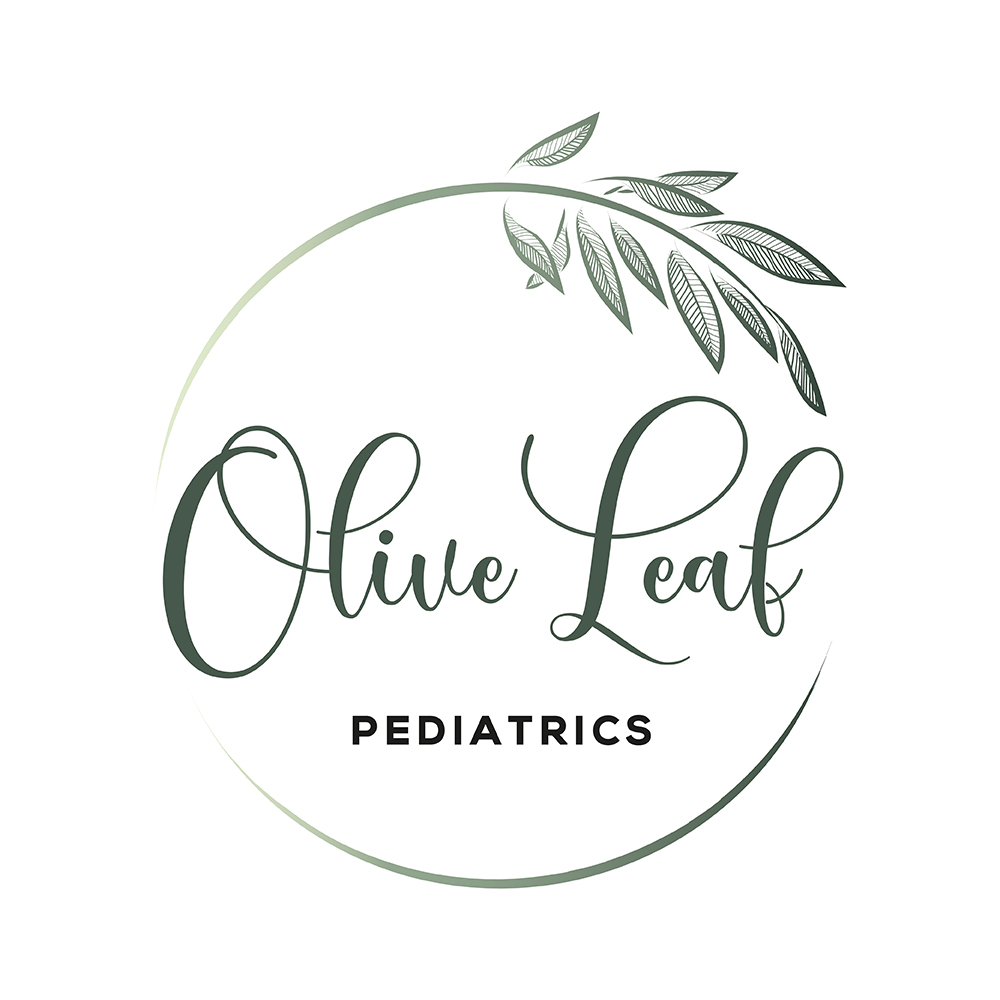COVID-19…A Pediatrician’s Perspective
The novel coronavirus climate is heavily upon us, and the official statistics as well as recommendations on prevention, are a moving target. Most of us know by now that COVID-19 is a new viral strain of coronavirus, which typically causes a common cold. The reason that COVID-19 is a bigger deal is that it appears to be more contagious and more deadly to the elderly and immunocompromised, based on early studies from China (there have been reports of younger adults also being severely affected by it, but that is not the norm). We are learning more information daily, but there are certain universal precautions that we can take to stay healthy.
What are the symptoms? Typical symptoms are fever and dry cough followed by shortness of breath. It can rapidly progress, in a small percentage, to severe lung disease and require hospitalization. Infants and children have milder symptoms from what we know thus far. You can develop symptoms anywhere between 2-14 days after exposure which also contributes to its spread.
How is the virus spread? Person to person from droplets- if an infected person coughs or sneezes and you inhale their droplets which can happen up to 6 feet away. Contact with a contaminated surface- if an infected person has touched an object, and you touch the object then touch your eyes/mouth/nose.
Can we test for it? Yes…BUT there aren’t enough test kits available right now (more coming daily) for us to be able to test every single person with fever, cough, cold symptoms. Currently, you will only qualify for testing if you have been in close contact with someone positive for COVID or have travelled to a high risk area and have symptoms. This will likely change in the near future.
Can you treat it? Right now, the best we can do is supportive care for people with severe respiratory symptoms. There have been some medications that have shown success in hospitalized patients, but they are still in the trial process. Antibiotics will not help due to it being a virus.
What can you do for prevention? Handwashing, handwashing, handwashing! Don’t touch your face (so hard for littles, I know)! Cover your cough/sneeze with your elbows. Consider a light nasal saline irrigation daily. Avoid large gatherings, unnecessary trips to public spaces such as playgrounds or stores, and travel. Stay home if you or your little are feeling sick. You can still go outside for walks/hikes/etc to get fresh air.
What can you do to keep your family healthy? Boost your immune system! For children and adults, start daily probiotics, vitamin D, bone broth, and lots of fruits/veggies/legumes. If you are feeling ill, start vitamin C and elderberry as well. For infants, breast milk is the best immune booster so keep it going as long as you can!
How do I talk to my children? There is a lot of public angst about the current health situation, and the most important thing you can do as a parent is keep calm. Ask your children what they already know about COVID-19, and build on from there. If they don’t seem interested, that’s ok. It’s important to stress that they have control by washing their hands often and not touching their face. You might also tell them that kids are not getting as sick as adults if your child is feeling very anxious. This is a great time to have them focus on keeping their bodies strong so it can easily fight off any “bad bugs”, and to discuss the role of healthy food as fuel. For children who are having a lot of anxiety, have them speak to their pediatrician or a mental health professional.
We are all still learning more daily about the novel coronavirus and health professionals are monitoring the situation closely. The best resources to get accurate information are the CDC website and your physician.




